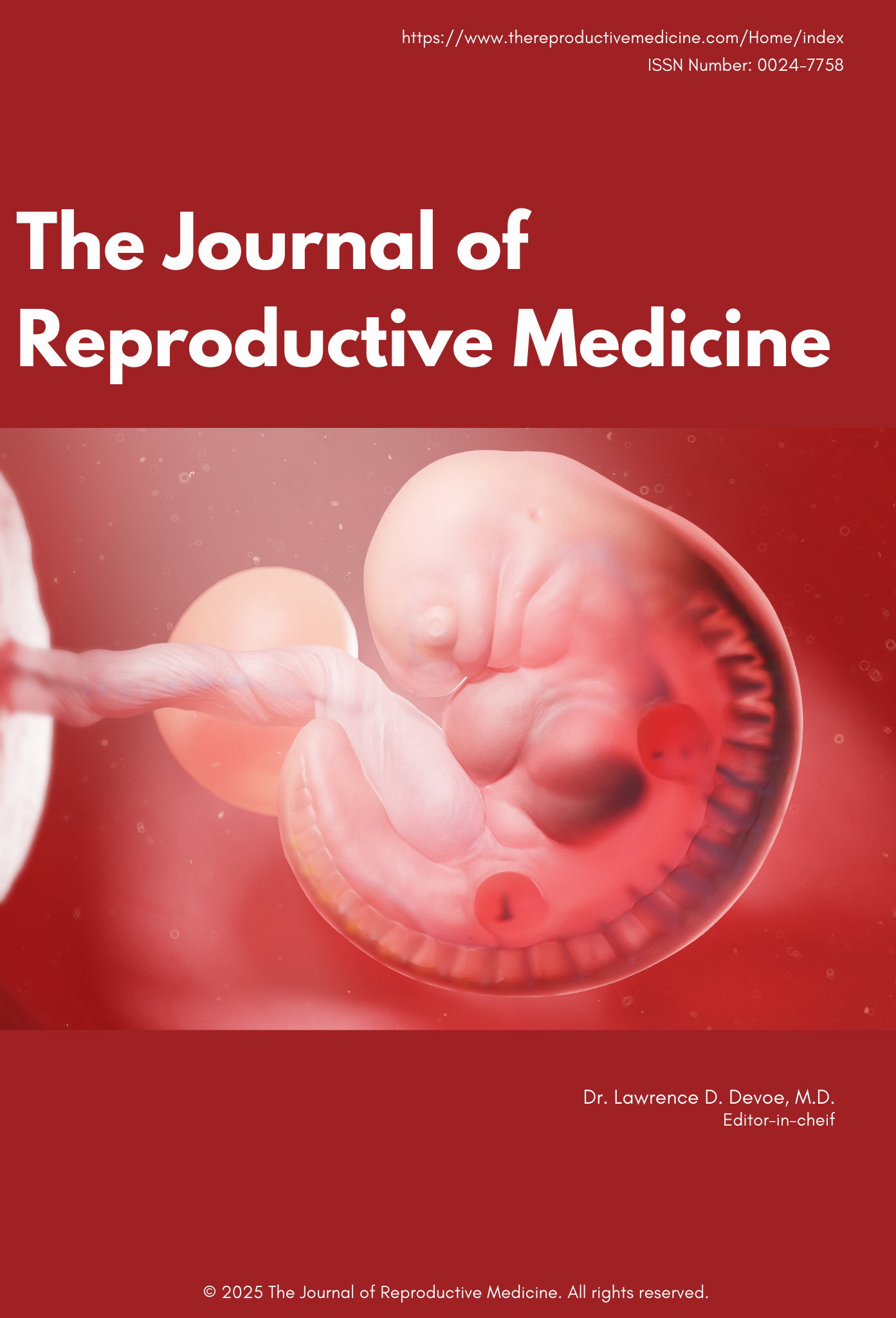Corrections/Retractions Policy
Procedure for Managing Cases Involving Corrections, Retractions, and Editorial Concerns
The publication of medical information relies heavily on academic integrity and the diligent efforts of authors to conduct responsible research and report accurate content. It is presumed that manuscripts provide truthful and precise documentation of valid observations. However, it is acknowledged that genuine mistakes can occur, and on occasion, new information may emerge that alters or contradicts the original findings. In such situations, the Journal will issue an erratum.
Corrections
The Journal is committed to ensuring that the final published "product" is free from errors and expects authors to share this commitment. It is assumed that the ultimate version of a manuscript can be trusted as both accurate and comprehensive. Authors are always provided with page proofs and are required to meticulously review them for content and layout accuracy. Manuscripts will not be published until the authors have granted their approval or provided necessary corrections.
Sometimes, an error in a published paper may come to light that necessitates the publication of a correction in the form of an erratum. Errata are published on a designated page and include a citation to the original article. Authors are given the opportunity to review and endorse the erratum before its publication. Instances where an erratum alone is insufficient to address an error will be handled on a case-by-case basis by the Editor-in-Chief. This policy does not encompass inadequacies resulting from the normal progression of new scientific research, which typically require neither correction nor withdrawal.
Expressions of Concern and Retractions
In cases where substantial doubt arises regarding the honesty or integrity of a submitted or published article, it falls under the responsibility of the Editor-in-Chief to ensure that the matter is appropriately addressed, usually by the authors' affiliated institution. Normally, it is not the role of the Editor-in-Chief to conduct the investigation or make a final determination. The Editor-in-Chief should be promptly informed of the decision made by the sponsoring institution, and if it is determined that a fraudulent paper was published, a retraction will be issued. Alternatively, the Editor-in-Chief may choose to publish an expression of concern regarding certain aspects of the work's conduct or integrity.
Retractions are published on a designated page and include a citation to the original article.






